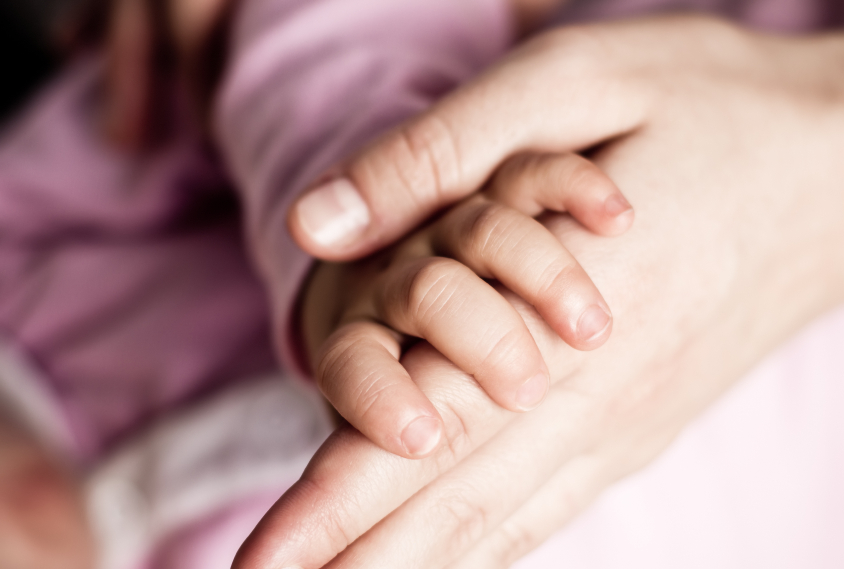
Children with cystic fibrosis and their families are to be offered new support to assist with daily physiotherapy sessions.
Young people with cystic fibrosis have to adhere to a daily regimen of treatment for their condition which some children and parents find lengthy and difficult.
However, academics at the University of Stirling are embarking on a £200,000 project to develop a treatment support kit – for DVD, phone apps and web – that will make adherence to treatment more appealing.
The project – which is being funded by the Chief Scientist Office (CSO) of the Scottish Government and the Cystic Fibrosis Trust – will draw on the collaborative expertise of academics and clinicians from across the UK.
Project leader Dr Emma France, who works in the CSO-funded Nursing Midwifery and Allied Health Professions Research Unit based in Stirling’s School of Nursing, Midwifery and Health and Glasgow Caledonian University’s Institute for Applied Health Research, said: “Our earlier research funded by the CSO showed that when daily chest physiotherapy was perceived as difficult by children and their families, physiotherapy sessions were often skipped.
“In developing this new audio-visual package, filled with a range of engaging activities, our work will lead to a cost-effective and accessible intervention tool. It will change the way children and their carers experience their condition and treatment, particularly in the crucial early years when commitment to that treatment is so vital.
“Some of the approaches will be just for the adults, with a focus on boosting parents’ morale and determination.”
Cystic fibrosis – a life-shortening, genetic condition which causes breathing difficulties, chest infections, digestive problems and malnutrition – affects approximately one in every 2500 babies born in the UK. Damage to the lungs is exacerbated by poor adherence to treatment - especially in relation to chest physiotherapy.
The support tool will encourage children with cystic fibrosis and their parents to view chest physiotherapy as a positive experience by providing them with a bank of novel and enjoyable strategies - such as activities, games and songs.
Many of these approaches – which are being collated in consultation with parents, children, physiotherapists, psychologists, clinicians and the Cystic Fibrosis Trust – allow members of the wider family to get involved.
Ideas already proposed include clearing the lungs by blowing through a straw to move a Ping-Pong ball around a table; creating an atmosphere of joviality during treatment by singing songs together; and keeping spirits high by telling stories or watching television programmes together while treatment is in progress.
The researchers hope the tool will be adopted by multiple organisations and disseminated widely - contributing to an increase in physiotherapy treatment adherence in young children with cystic fibrosis. They anticipate this would reduce the health burden on children and the costs for families and the NHS, and lead to an improvement in families’ quality of life.
Minister for Public Health, Michael Matheson said: “The Scottish Government wants to see more patients benefit from the range of care that research like this makes available.
“That is why our Chief Scientist Office has provided £188,000 funding for this research into a debilitating condition, which was identified as a national priority for children and young people’s services in Scotland. I hope this research will inform further improvement in the care and treatment of those affected by cystic fibrosis.”
Dr Janet Allen, Director of Research at the Cystic Fibrosis Trust said: “It is important parents know how vital physiotherapy is to prevent lung damage and fundamental they encourage treatment adherence in their children at as early an age as possible.
“The support kit created from this research project will provide inspiration and encouragement. We hope it will change families’ perceptions of cystic fibrosis and chest physiotherapy treatment by reassuring them that support is available and showing them how the treatment can be turned into an enjoyable experience.”
